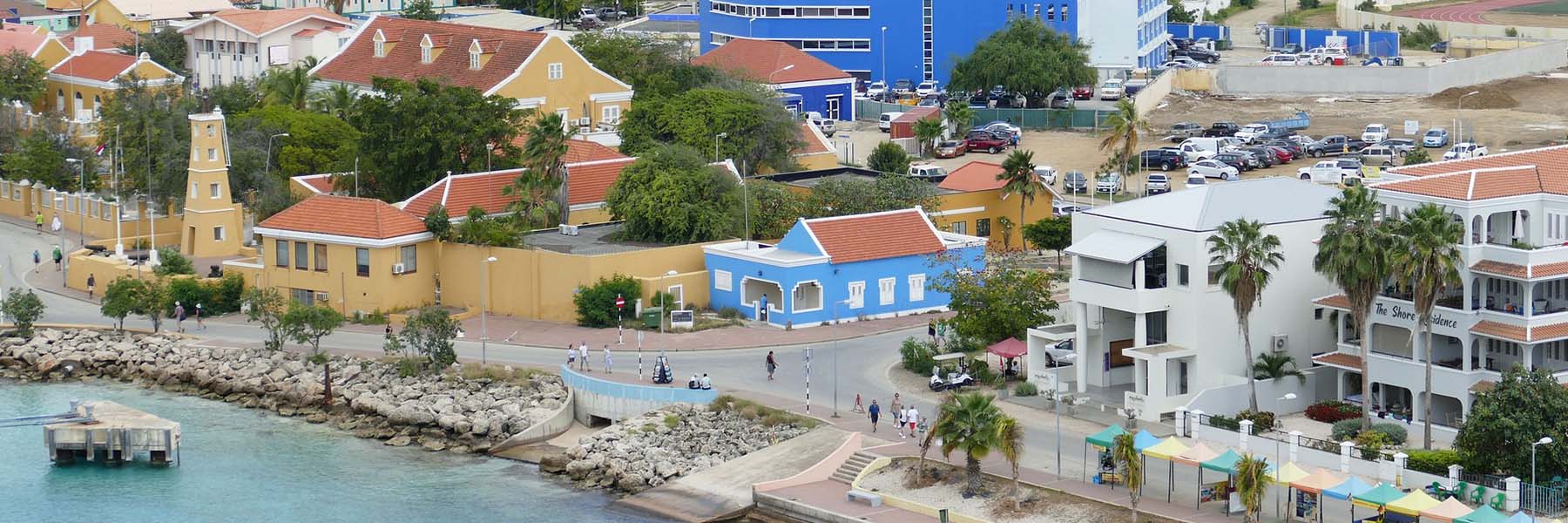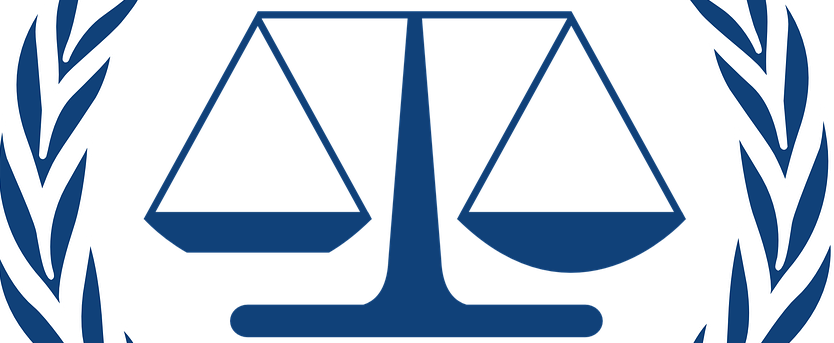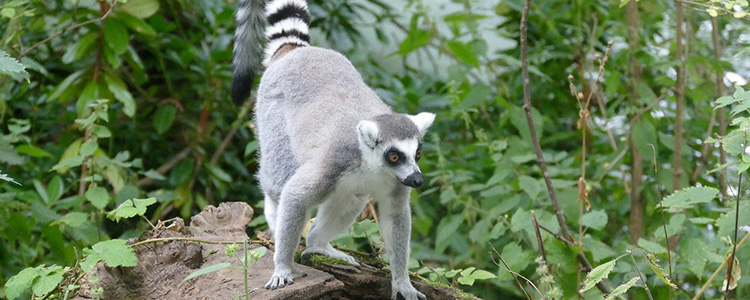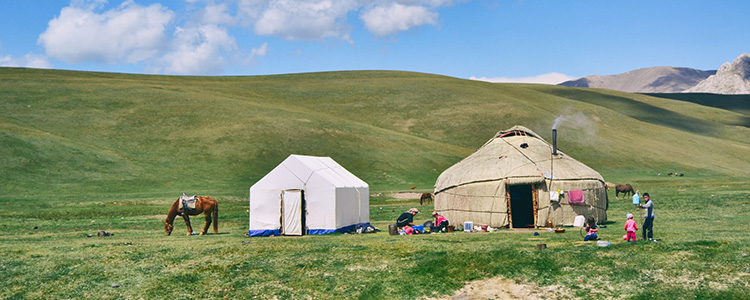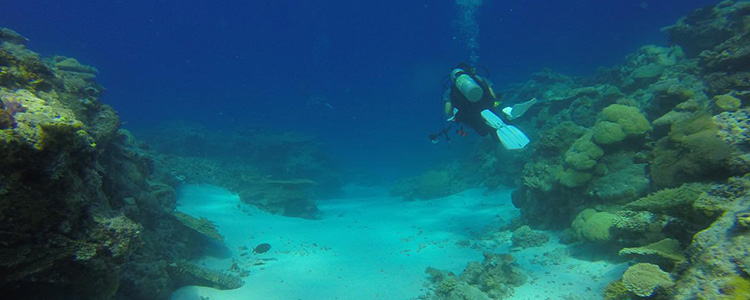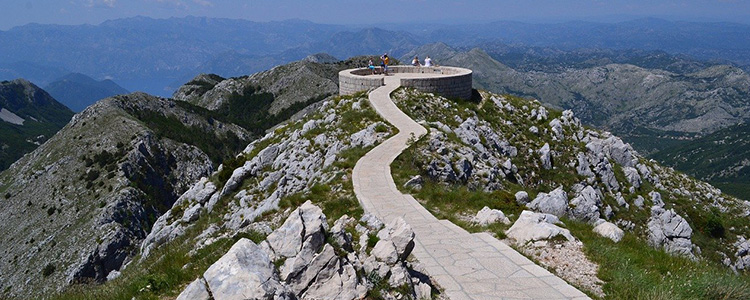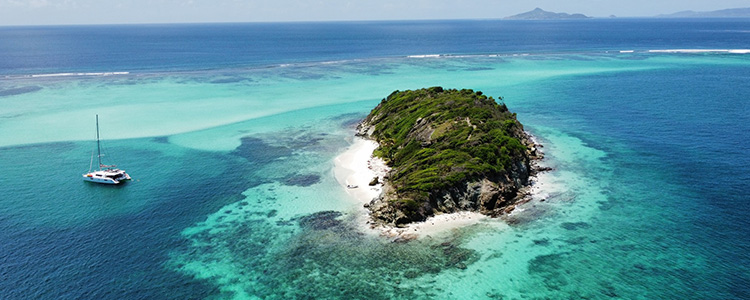Bonaire Country Bundle: suggestions, stories and tips
Content about Bonaire on WorldSupporter
 Packing list for Bonaire, travel insurance for Bonaire, and taking your belongings
Packing list for Bonaire, travel insurance for Bonaire, and taking your belongings
- What to bring to Bonaire: highlighted
- What knowledge is useful when you go to Bonaire?
- Are there mosquitoes in Bonaire?
- Are there sand flies in Bonaire?
- Can you buy DEET, or other anti-mosquito products, in Bonaire?
- Where can you get your food and drinks in Bonaire?
- Can you buy a joint or weed in Bonaire, or take it to Bonaire?
Packing list for Bonaire, travel insurance for Bonaire, and taking your belongings
To take or not to take to Bonaire, leave at home or arrange locally?
Sufficiently insured or not for your activities in Bonaire?
Sufficiently insured or not for your trip to Bonaire?
What to bring to Bonaire: highlighted
Highlighted items:
- Documents: a passport that is valid for at least 6 months and of course an online/offline copy.
- Money: the US dollar is the official currency. Some change can be handy for small purchases and tips, but there are also many ATMs available and credit cards are accepted almost everywhere.
- Care: a coral-friendly sunscreen with a high protection factor.
- Outdoor and conveniences: sunglasses and a cap or hat are important for protection against the bright sun.
- Clothing: cotton/linen clothing that is nice and airy and a good sweater for the air-conditioned rooms.
- Shoes: flip-flops for your walk to the beach and sturdy shoes for nice walks.
- Medicines and travel pharmacy: a first aid kit with at least plasters, painkillers and ORS.
- Technique and equipment: you can try whatever you want with your Dutch plug, but a type A/B travel plug will come in handy.
What else can you take with you:
- A reusable water bottle so that you can always have water with you!
- A waterproof bag for your phone if you want to take it into the water.
- Snorkeling gear.
- A light shawl so that you can walk down the beach in a nicely knotted dress.
- An international driver's license.
What knowledge is useful when you go to Bonaire?
- A bit of Papiamentu is of course always nice to bring with you.
- Knowledge about what you can take into and out of the country.
Are there mosquitoes in Bonaire?
- Especially after the rain, there are many mosquitoes active on Bonaire.
- The mosquitoes can transmit diseases, so it is important to protect yourself well.
Are there sand flies in Bonaire?
- There are hardly any sand flies on Bonaire.
Can you buy DEET, or other anti-mosquito products, in Bonaire?
- Yes, DEET products and good alternatives such as picaridin and cactus juice are available in supermarkets and pharmacies.
Where can you get your food and drinks in Bonaire?
- Supermarkets: such as Van den Tweel, Warehouse Bonaire and Zhung Kong. Large selection, including imported products.
- Restaurants: from fine dining by the sea to local eateries with dishes such as pastechi and stoba.
- Street food: limited, but there are food trucks and stalls at markets and events.
Can you buy a joint or weed in Bonaire, or take it to Bonaire?
- No, cannabis is illegal. Bringing weed, even small amounts or edibles, is also punishable. CBD products with less than 0.2% THC are legally available.
- Other drugs are also illegal.
- Vaping is allowed, but not everywhere.
 How does healthcare work in Bonaire, and what travel insurance, health insurance or expat insurance do you need?
How does healthcare work in Bonaire, and what travel insurance, health insurance or expat insurance do you need?
- How is the health insurance system arranged on Bonaire?
- What is the quality of healthcare on Bonaire?
- How is public healthcare organised in Bonaire?
- How is private healthcare arranged on Bonaire?
- How is the general practitioner arranged on Bonaire?
- How is the dentist arranged on Bonaire?
- How is maternity care arranged on Bonaire?
- How safe or unsafe is a trip or stay on Bonaire?
- Which work and travel insurances are suitable for short and long stays on Bonaire?
- Which emigration and expat insurance can you take out for Bonaire if you are going to live there for a while?
How is the health insurance system arranged on Bonaire?
What is the quality of healthcare on Bonaire?
- The healthcare institution on Bonaire is the Fundashon Mariadal Hospital, where care is provided in a Caribbean-Dutch environment at a European-Dutch level.
- Most care in the field of emergency care, maternity care, short- and long-term care, diagnostics and medicine supply is arranged on Bonaire.
- There is an ongoing collaboration with Dutch hospitals for knowledge transfer and training. Mostly young specialists from abroad often work on Bonaire for 3 to 6 months.
- Due to the rapid population growth, there is a lot of development within healthcare on Bonaire, which means that more and more specialist medical care can be provided.
- Due to the increasing quality of care on Bonaire, the number of patients who have to be treated in another country is decreasing. Serious and complicated patient cases are, however, sent to Curaçao, this island is a 10-minute flight away. Evacuation to other countries also occurs.
- Bonaire has a recompression chamber with relevant specialists in this field, so that divers can be treated immediately, in case of decompression.
- The Health Insurance Office (ZVK) is the government body responsible for arranging and financing healthcare in Bonaire via the BES health insurance.
How is public healthcare organised in Bonaire?
- Everyone who legally resides in Bonaire and registers is obliged to be insured via the Health Insurance Office (ZVK). This also applies to expats.
- If you do not register officially, you must arrange international health insurance yourself.
- Healthcare costs are largely covered by the ZVK. A personal contribution may be required for some medicines and treatments.
- Public healthcare is well organised, but capacity is limited due to the small scale of the island.
How is private healthcare arranged on Bonaire?
- There are only a limited number of private clinics on Bonaire and the quality of care is good.
- Medical evacuation can be necessary in case of emergencies or complicated health issues.
- Private healthcare is mainly chosen by temporary expats or tourists who do not have access to public healthcare via the ZVK or by residents who want additional coverage.
How is the general practitioner arranged on Bonaire?
- Bonaire has a number of general practitioner practices, and the general practitioner acts as the first point of contact for medical complaints.
- General practitioners usually work by appointment, but in urgent cases you can often be seen the same day.
- A referral from the general practitioner is required for specialist care or hospital care.
- General practitioners often speak Dutch, English and Papiamento, so language barriers are usually not a problem.
How is the dentist arranged on Bonaire?
- There are several dentists on Bonaire who provide high-quality care.
- Treatments are partly reimbursed by the ZVK, but some costs, such as orthodontics, require additional insurance or personal payment.
- Dental practices are mostly by appointment, and waiting times are usually short.
How is maternity care arranged on Bonaire?
- Pregnant women receive good care through the Fundashon Mariadal hospital and local midwives.
- Prenatal check-ups, ultrasounds and deliveries are largely covered by the ZVK.
- In case of complications or a high-risk pregnancy, a referral to Curaçao or another countries may be necessary.
- Breastfeeding in public is generally accepted. There is a growing awareness of breastfeeding and its benefits, with support from local healthcare providers.
How safe or unsafe is a trip or stay on Bonaire?
What should you pay attention to in terms of safety on Bonaire?
- Bonaire is generally a safe island, with little serious crime. Petty crime, such as theft, does occur, but violent crime is rare.
- Keep a close eye on your belongings, especially in tourist areas.
- Make sure you lock your home properly, especially if you live in a remote area.
- Avoid isolated beaches or other isolated places after dark.
- Bonaire is politically stable and has no significant safety risks for expats.
What should you look out for in terms of diseases on Bonaire?
- Bonaire has no major health risks, but be aware of mosquitoes that can transmit diseases such as dengue and zika. Protect yourself from mosquito bites, especially during the rainy season.
- Make sure you enquire about the latest vaccination advice for Bonaire.
- The tap water on Bonaire is safe to drink and of excellent quality. It is desalinated and is comparable to drinking water quality in Western countries.
What should you look out for in terms of traffic on Bonaire?
- The roads on Bonaire are generally well maintained, but some rural roads are unpaved.
- The island is small, and distances are short. You can drive from one side to the other in 30-40 minutes.
- Traffic drives on the right.
- There is no extensive public transportation system. Expats and residents usually travel by car or scooter.
- Driving after sunset is safe, but be careful on poorly lit roads or in nature reserves, where wild animals (such as donkeys) can cross the road.
Which work and travel insurances are suitable for short and long stays on Bonaire?
- Is the trip to Bonaire and your return sufficiently covered? Are you sufficiently covered before, during and after your activities? It is obliged to have a valid health or travel insurance for medical expenses. The minimum coverage is US$15,000. Your insurance needs to cover hospital treatment, emergency treatment and repatriation (including in case of death). Which insurance best suits your trip and your activity? Read more about insurances for abroad on JoHoinsurances.org.
Which emigration and expat insurance can you take out for Bonaire if you are going to live there for a while?
- If you register on Bonaire, you must register with the ZVK. If you are not registered, you must arrange your own insurance. Even if you are affiliated with the ZVK, it is wise to take out international private health insurance. This way you can cover uncovered costs such as medical repatriation or evacuation.
- Make sure your insurance covers medical evacuation as well as coverage in neighboring countries. Read more about insurances for abroad on Expatinsurances.org.
 Bonaire: Updates & Travel
Bonaire: Updates & Travel
Travel in Bonaire?
- Bonaire is a beautiful island to visit. A great island hopping destination from Aruba or Curacao. The island is in the top 5 best locations in the world for many snorkeling and diving enthusiasts. In addition to diving locations, Bonaire also has beautiful beaches. There is also a large nature park, many animals and plant species and you can learn about the history of the island through the historical buildings.
- Kralendijk - This is the colorful, cozy and historic capital of Bonaire.
- Washington Slagbaai National Park (WSNP) - This large nature park in the north of Bonaire is full of cacti, aloe plants, limestone caves, salt lakes and blowholes.
- Beaches - For the ideal beach holiday, Bonaire is the place to be. Do everything your heart desires on a beach holiday: sunbathing, swimming, snorkeling and diving. Not all beaches are suitable for swimming due to high waves, strong currents and pebbles, but this is certainly possible on the popular beach Playa Fuchi, the Playa Frans where there are many fish and fishing boats. And also the small quiet beach Boka Slagbaai with its centuries-old historical buildings.
- Klein Bonaire - This small island of 6 km2 close to the coast of Kralendijk on Bonaire is known for its beautiful white beaches that are also a quiet place for turtle nests.
- Saliñas - There are a number of salt lakes that are worth visiting.
- Watch out for high waves, strong currents and stinging water animals or poisonous coral.
Updates Bonaire
- More about Bonaire, updates and contributions, see the link below.
 Bonaire: selection of contributions by WorldSupporters - Bundle
Bonaire: selection of contributions by WorldSupporters - Bundle
Content about Bonaire shared by WorldSupporters
- 1048 keer gelezen



